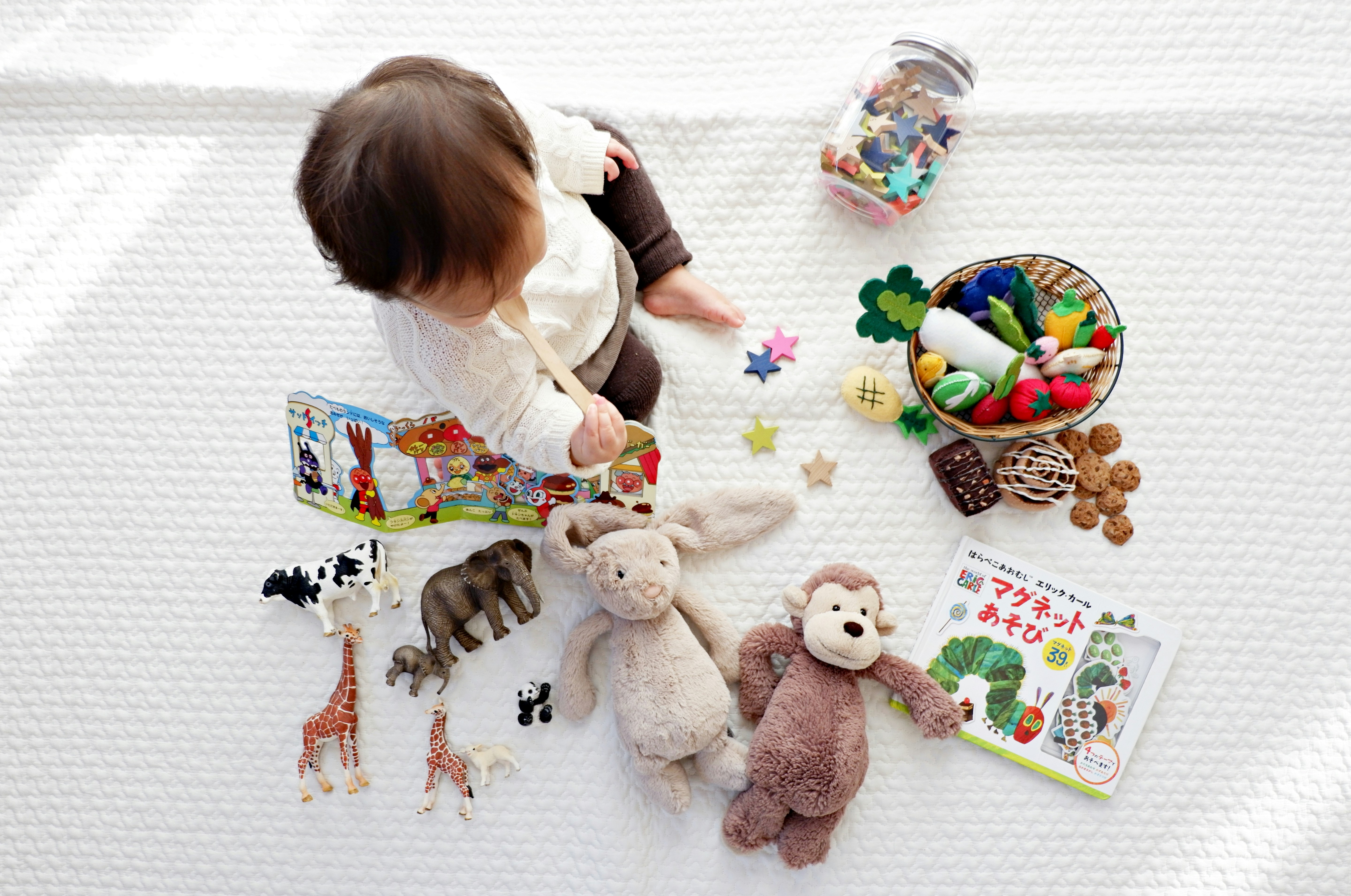
Introduction:
Childhood is a remarkable journey marked by a series of developmental milestones, each representing a significant step in a child's physical, cognitive, and emotional growth. These milestones are the building blocks that pave the way for a child's overall development. Understanding and recognizing these stages can empower parents, caregivers, and educators to provide the support and encouragement children need to thrive. In this comprehensive exploration, we delve into the intricacies of developmental milestones, celebrating the joys and challenges of each stage.
Infancy (0-2 years):
During the first two years of life, infants undergo remarkable transformations as they transition from helpless newborns to active explorers of their world.
Motor Skills:
Gross Motor Skills: At around 6 months, infants begin to lift their heads, roll over, and sit with support. By 12 months, they take their first steps, marking a significant milestone in their gross motor development.
Fine Motor Skills: The ability to grasp objects gradually improves, leading to activities like picking up small items and feeding themselves with fingers. By 18 months, they may start scribbling with crayons, demonstrating emerging fine motor control.
Cognitive Development:
Infants engage in sensory exploration, using their senses to understand the world around them.
Object permanence, the understanding that objects continue to exist even when out of sight, typically develops around 8-12 months, marking a crucial cognitive milestone.
Social and Emotional Development:
Bonding with caregivers and showing signs of attachment, such as seeking comfort when distressed.
Expressing emotions through facial expressions and simple gestures, laying the foundation for social interaction.
Early Childhood (2-6 years):
As children enter early childhood, they become increasingly independent and curious about their surroundings.
Language and Communication:
Vocabulary expands rapidly, with children acquiring new words and phrases daily.
The development of communication skills allows them to express needs, thoughts, and feelings more effectively.
Social Skills:
Parallel play evolves into cooperative play as children learn to interact with peers, share toys, and take turns.
Developing empathy and understanding social cues become prominent, fostering meaningful relationships with others.
Cognitive Milestones:
Preoperational thought emerges, characterized by symbolic thinking and imaginative play.
Children begin to understand concepts like numbers, colors, and shapes, laying the groundwork for future academic learning.
Middle Childhood (6-12 years):
During middle childhood, children continue to refine their skills and expand their knowledge base in various domains.
Academic Development:
Developing literacy and numeracy skills through formal education.
Increased ability to focus on tasks, problem-solve, and engage in critical thinking.
Social and Emotional Growth:
Formation of friendships becomes more intricate, with children learning to navigate conflicts and negotiate compromises.
They develop a sense of identity and self-esteem, influenced by interactions with peers and adults.
Physical Development:
Growth spurts occur as children experience changes in height and weight.
Improved coordination and strength enable them to participate in organized sports and physical activities with greater proficiency.
Adolescence (12-18 years):
As children transition into adolescence, they undergo profound physical, cognitive, and socioemotional changes, preparing them for adulthood.
Cognitive Skills:
Abstract thinking and the ability to reason more critically develop, allowing adolescents to explore complex ideas and concepts.
They develop decision-making skills and engage in long-term planning, shaping their aspirations and goals for the future.
Social and Emotional Development:
Formation of a distinct identity becomes a central focus, as adolescents explore personal values, beliefs, and interests.
Peer relationships become more significant, influencing behaviors, attitudes, and social choices.
Transition to Independence:
Adolescents strive for autonomy and independence, seeking opportunities to make their own decisions and take responsibility for their actions.
They begin to prepare for higher education and career choices, guided by aspirations and interests developed during this critical period.
Conclusion:
Understanding and supporting a child's developmental milestones are crucial for fostering a healthy and well-rounded individual. Each stage is unique and contributes to the foundation of a child's future. Parents, caregivers, and educators play a vital role in providing the necessary guidance and encouragement for children to navigate these milestones successfully. By recognizing the significance of each developmental stage, we can create environments that promote optimal growth and set the stage for a fulfilling and successful life journey.

Dr. Parvathy Sreeram
Dr. Parvathy Sreeram graduated from Muniyal Institute of Ayurveda Medical Sciences (Rajiv Gandhi University), Bengaluru by pursuing a 5-year degree course in Ayurveda, Bachelors in Ayurvedic Medicine & Surgery (BAMS) and then later pursued PG Diploma in Hospital Management from IGMPI, Delhi. She has done her residency at various clinics and hospitals including Muniyal Family Clinics, Govt. Ayurveda Hospital, Ajjarkad .She was under personal training of Dr. Indira B.Sc. B.A.M, Kottakkal Arya Vaidya Sala Clinic, and has also pursued training from Kottakkal Arya Vaidya Sala Hospital and Research center, Cochin. Before she carved the stepping stone of her long-term goal and passion of an ayurvedic multispecialty hospital and started Moksh Ayurveda.
Copyright ©2025. All right reserved. Cyber Fort Technologies
